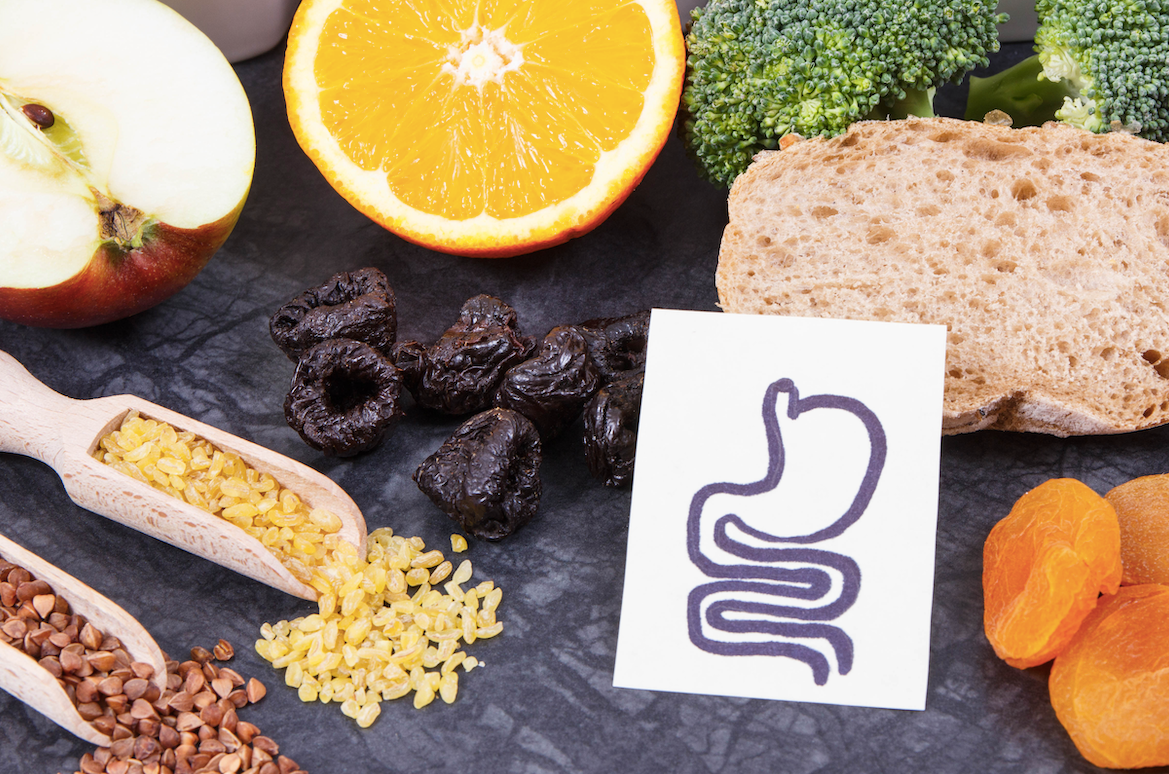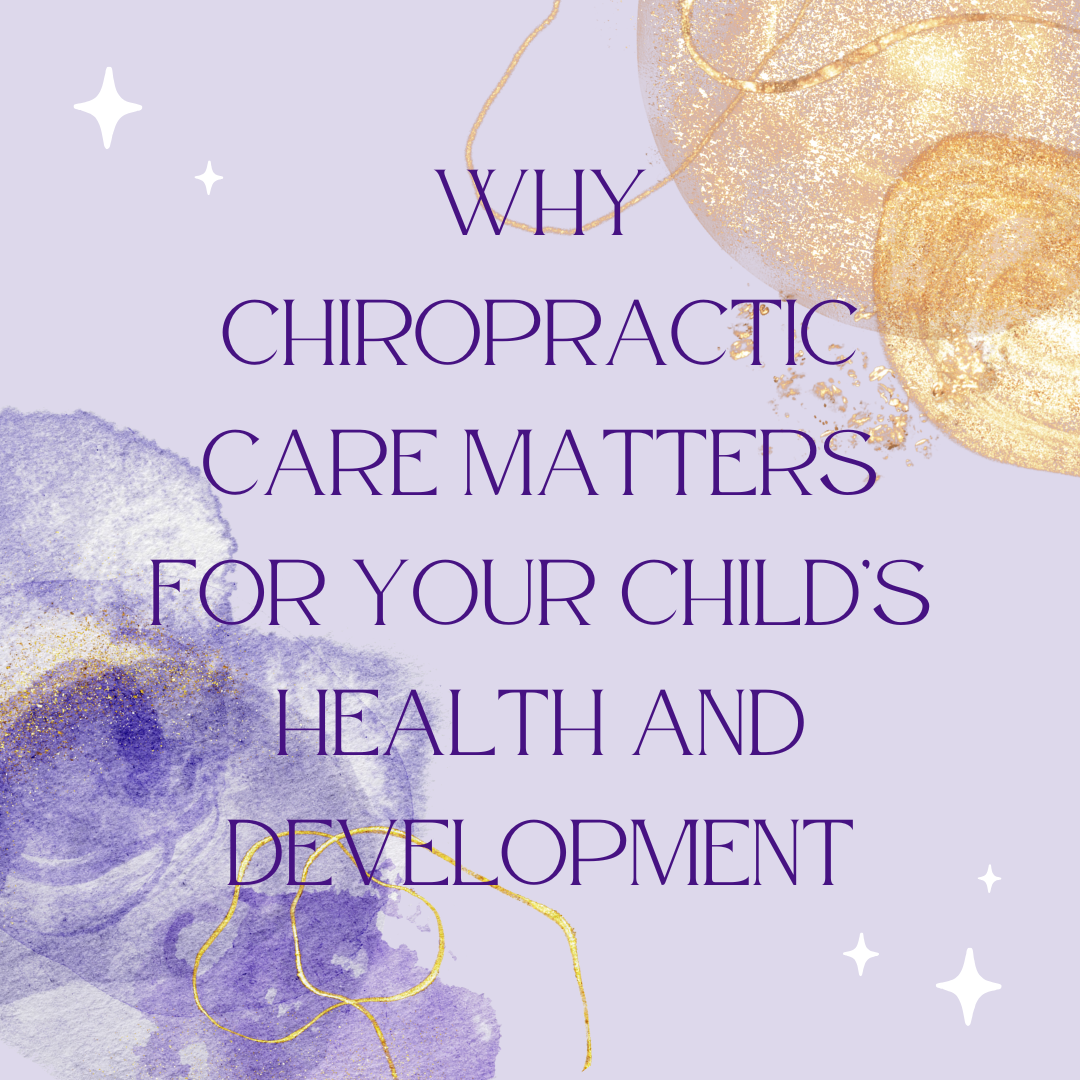When Your Nutrition Isn't Enough
It can be easy to miss the warning signs our bodies are sending us in our jam-packed, fast-paced lives. The fact that nutritional deficiencies don’t show up overnight, but build up over time, can also make them tricky to notice.

Did this ever happen to you? You’re driving along without a care in the world when you suddenly notice something strange. Although you’re putting your foot on the gas pedal, your car is slowing down, not speeding up. You look down at the dashboard and realize with shock that the car has run out of gas as you slow down to a crawling halt.
Just like your car needs gasoline, transmission fluid, engine oil, and coolant, your body requires vitamins, minerals, amino acids, antioxidants, fatty acids, and other phytonutrients in order to keep its organs, systems, and processes running smoothly.
People who don’t have a lot of variety in their food choices, eat mostly processed or fast foods, have food intolerances or allergies, have certain health conditions, or avoid particular food groups like carbohydrates or animal products, may end up with nutrient deficiencies.
Are You Meeting Your Daily Nutritional Needs?
Every “body” needs a different amount of nutrients to function optimally. The amount you should consume depends on your age, sex, health, how physically active you are, and if you’re pregnant or breastfeeding.
The Food and Drug Administration established Daily Values (DVs) for each nutrient in order to help us understand which nutrients we need to stay healthy. You can find DVs on food and dietary supplement labels in order to help you navigate your daily nutritional needs.
Nutrients are essential for a wide range of processes in the body, from the regeneration of bones and muscles to the removal of waste products; the production of nerve signals to the creation of enzymes, and much more. If nutritional needs aren’t being met, a breakdown may occur and our body may start to “complain.”
Signs of Nutrient Deficiency
If you’re not sure whether you’re meeting your body’s needs, here are some telltale signs that you might not be getting enough nutrition.
Feeling Tired
Frequent lack of energy can be a sign of anemia, or iron deficiency. Without enough iron, your body can’t produce sufficient hemoglobin — a compound in red blood cells that enables them to carry oxygen. This can leave you feeling tired and out of breath. Other signs of anemia include pale skin, weakness, fast heartbeat, and lightheadedness. Low energy levels can also be a sign that you aren’t eating enough protein.
Foods rich in iron include animal products like meat, shellfish, and fish — these are also great sources of protein. If you steer clear of animal products, dark leafy greens and legumes, such as lentils, are also great sources of iron. You can also boost iron absorption by including a vitamin C-rich food when eating plant sources of iron. For example, a great pairing would be a spinach salad with tomatoes.
Other vitamin deficiencies that can cause fatigue are lack of magnesium, potassium, vitamin B12, and folate. If you’re feeling unusually tired or weak, it’s time to commit to a balanced diet full of all of the food groups. If you need extra help filling nutritional gaps, LipoSomal D3 is the way to go. Not only will this supplement help reduce anxiety, depression, dementia and cognitive decline in all populations, it will help improve resistance vs many infectious diseases and activates our immune defense. LipSolmal D3 also promotes Calcium absorption in the intestines.

Thin Hair & Weak Nails
Multiple nutrient deficiencies can cause hair loss or thinning and lead to weak, brittle nails. If you notice some unhealthy changes in your hair and nails you may not be getting enough of vitamin D, vitamin C, iron, zinc, calcium, protein, and/or essential fatty acids.
The best way to remedy this is to focus on “eating a rainbow” of fresh fruits and vegetables, and consuming plenty of protein and complex carbohydrates. Taking the Zinc30 supplement can greatly benefit more than just thing hair & weak nails. View the image below on all the amazing benefits it provides:

Slow Healing Wounds
The skin is a vibrant organ that functions as a physical and immunological barrier between the outside world and the inside of our bodies. Not getting enough nutrients in your diet can have a negative effect on how your skin looks and how it heals.
If you bruise easily or your wounds take longer than usual to mend, your diet may be lacking in vitamin C, which helps tissue repair itself, or vitamin K, which is important for blood clotting. Most fruits and many veggies are rich in vitamin C and dark leafy greens are high in vitamin K. You can also try I-6 Factor to. help reduce inflammation for better healing.

Weakened Immune System
Does it feel like every time you get over a cold, you get another one in its place? The culprit could be that you aren’t getting enough nutrition. Vitamins C, E, and A are antioxidants that support the body’s natural immune response. Zinc is a mineral that helps boost germ-fighting white blood cells.
Apart from eating your daily fruits and vegetables, you can also get a immune system boost from counteracting stress with TOTALLY STRESSED. This supplement supports immune deficiency and reduces stress from illness.
Excellent sources of vitamin A include carrots, sweet potatoes, and leafy green vegetables. Nuts, seeds, spinach, and broccoli are abundant in vitamin E, while sources of zinc include nuts, pumpkin seeds, sesame seeds, and beans.

Brain Drain
If you're finding it hard to concentrate, or catch yourself in a bad mood more often than not, it could be that you are feeling the effects of nutrient deficiency. A variety of nutrients are vital for healthy brain and cognitive function as well as maintaining a healthy mood. Some of these brain boosters are omega-3 fatty acids, B vitamins, choline, as well as vitamins C, D, and E.
Again, a balanced diet is best, but you can also take aim at your brain with CereReNu. CereReNu has two ingredients to support healthy blood flow - Bacopa Leaf and Ginkgo Biloba Extract. Other ingredients help support the blood vessel walls, the brain's enzyme systems, neurotransmitters systems and overall connectivity.

Reduced Night Vision
Our eyes are incredibly complex organs that need a host of nutrients to keep them healthy. If you are finding it harder to see in the wee hours of the night, you may not be consuming enough vitamin A. This vitamin plays a vital role in allowing us to see in low light conditions.
Plant-based phytonutrients like carotenoids, flavonoids, anthocyanins, and polyphenols also play a critical role in nourishing, cleansing, and protecting our eyes. For example, lutein and zeaxanthin are carotenoids, found in dark leafy greens, that are particularly important for eye and vision health. If you want an extra vision boost, you could also try ACoA Factors that supports muscle that controls near vision, causes glands to secrete tears and more.

Up Your Nutrient Intake
If you’re noticing any of the above signs, it’s time to start replacing empty calories with nutrient-dense foods. You can start by eating at least five servings of fruits, berries, and vegetables each day. Ten servings would be even better. Sound like a lot? You can build up to it! Three servings with both lunch and dinner, one or two servings with breakfast and a snack, and voila! You’ve got your daily nutritional needs covered.
If you can’t manage it every day, it’s completely understandable. That’s why dietary supplements were invented! Just be sure that the vitamin supplements that you choose can be absorbed and utilized by your body, and are not packed with chemical additives, solvents, or preservatives. Contact Dr. D today to learn more or schedule an appointment. Get customized nutritional guidance specific to your needs at The Mladenoff Clinic of Arizona located in the camelback east neighborhood of Phoenix. Wellness awaits you.
Searching for stress relief? Look no further than iStressedOut.






